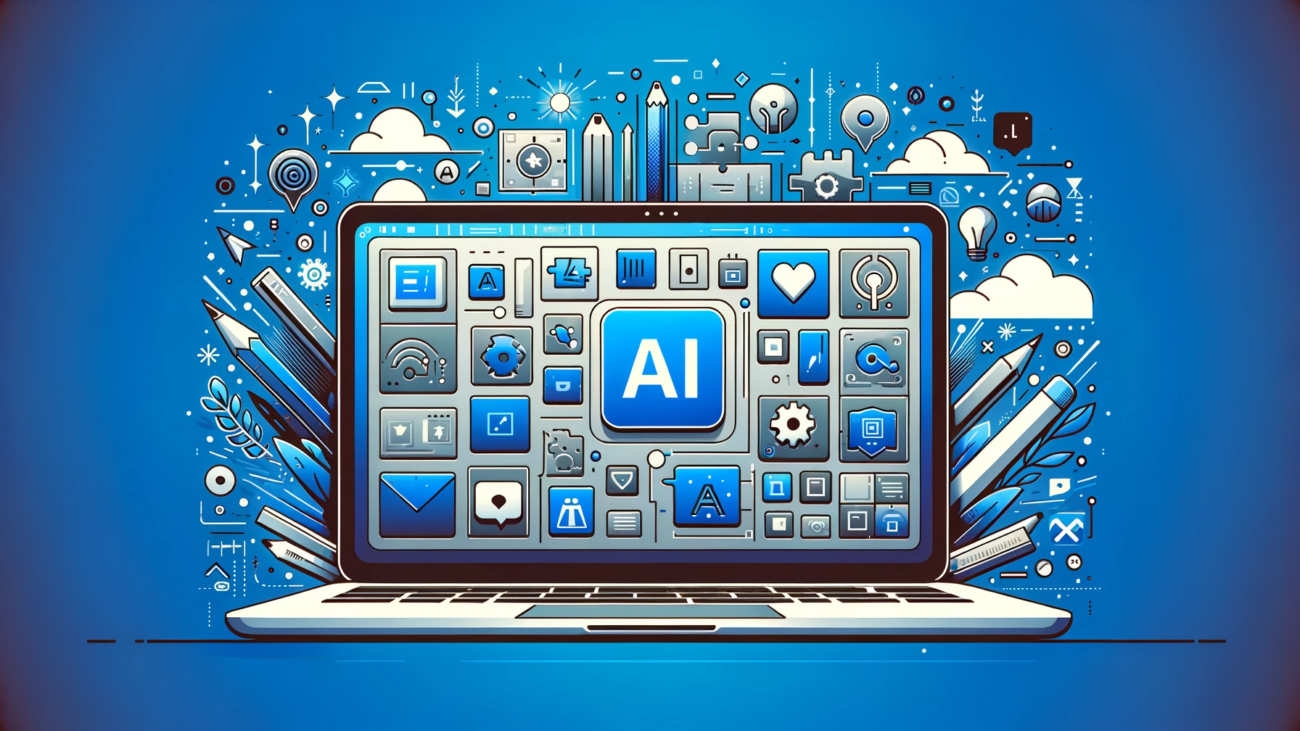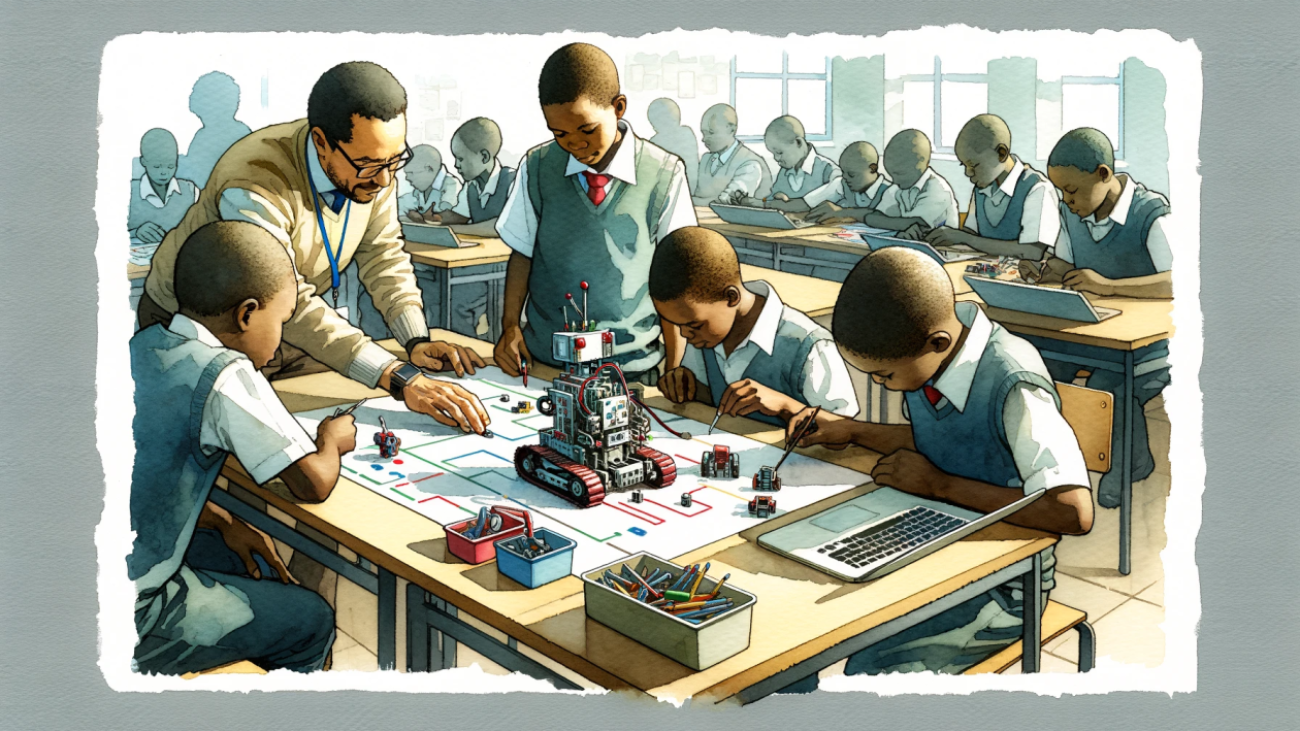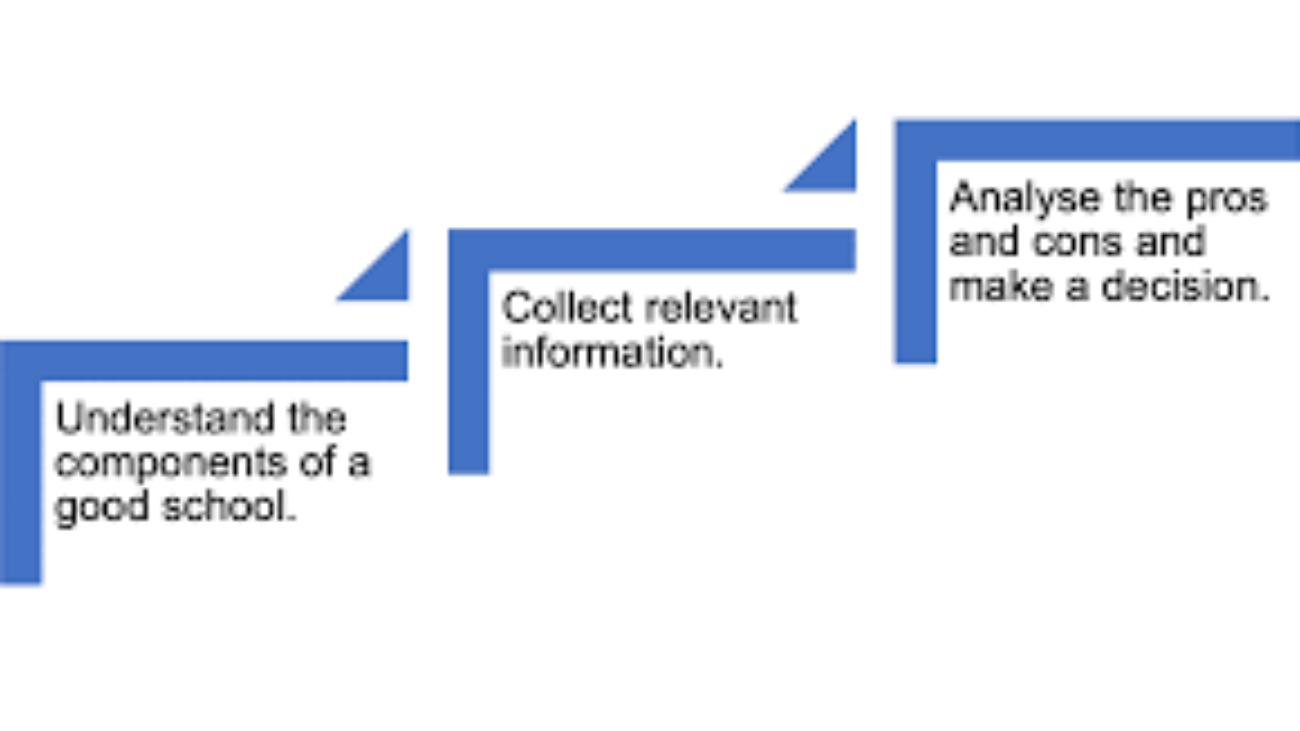Artificial intelligence (AI) has emerged as a reckoning force behind innovation, shaping how we stay, work, and communicate. Recognizing the profound effect AI has on various industries, there is a developing consensus that introducing kids to AI at an early age can offer them valuable abilities and perspectives. Explore the top 10 reasons why every kid should learn AI.
You can explain machine learning to older kids in simple words by saying how it simulates human learning patterns to learn, grow, update, and develop itself by continually assessing data and identifying patterns based on past outcomes
1. Fostering Critical Thinking Skills: Learning AI encourages kids to think seriously and analytically. AI includes problem-solving and choice-making, talents that are transferable to numerous elements of life. Hence, courses that help kids learn artificial intelligence help them develop the ability to critically analyze problematic situations systematically, enhancing their problem-solving abilities.
2. Preparing for Future Careers: As AI maintains to reshape industries, there’s a growing demand for experts with AI literacy. Introducing kids to AI at an early age gives them a head start in obtaining the talents wanted for future careers. Whether they choose to come to be scientists or AI engineers, a foundational understanding of AI opens doorways to a wide array of possibilities.
3. Promoting Creativity and Innovation: Contrary to the misconception that AI stifles creativity, it may definitely be an effective tool for fostering innovation. Learning artificial intelligence for kids can help them harness abilities to create artwork, songs or even assist in storytelling. By learning AI, kids can explore the intersection of content generation and creativity, paving the way for new and interesting forms of expression.
4. Understanding Ethical and Responsible AI Use: Kids learning artificial intelligence additionally learn its moral implications through discussions. Understanding the moral concerns surrounding AI use is critical for growing accountable and conscientious. Instilling moral values early on in kids contributes to shaping a tremendous and responsible AI-driven society.
5. Enhancing Computational Thinking: AI education promotes computational thinking, an essential skill in the contemporary world. Kids learn to break down complicated problems into smaller, greater potential parts, fostering a realistic method to problem-solving. This computational mind-set extends beyond AI applications and is beneficial in diverse academic and professional pursuits.
6. Building Digital Literacy: In an age where digital literacy is as critical as traditional literacy, introducing kids to AI contributes to their usual technological fluency. AI concepts often contain operations with digital tools and systems, empowering youngsters to navigate and leverage the era correctly.
7. Encouraging Collaboration: Kids learning artificial intelligence often require collaboration for tasks that mirror real-life eventualities where interdisciplinary groups work together to resolve complex troubles. Learning AI fosters teamwork and collaboration as children have to interact with others in tasks that require input from individuals with diverse abilities and expertise.
8. Instilling Resilience within the Face of Change: The world is converting at an exceptional pace and flexibility is a precious trait. Learning AI equips kids with the capability to adapt to technological advancements and societal changes. It instils resilience, getting them ready to navigate an ever-evolving panorama with self-confidence.
9. Global Citizenship and Cultural Awareness: AI programs aren’t restricted by way of geographical limitations. Kids learning artificial intelligence benefit by looking at a global angle of how AI is used and perceived in exceptional parts of the sector. They can be parts of global groups that work on the development of AI and associated applications. This cognizance contributes to the improvement of AI aware individuals.
10. Empowering Underrepresented Groups: AI training plays a function in addressing gaps inside the tech industry. By making sure that kids from all backgrounds get entry to AI education, they work together for a more inclusive future, wherein various voices make contributions to shaping the AI technology.
.








